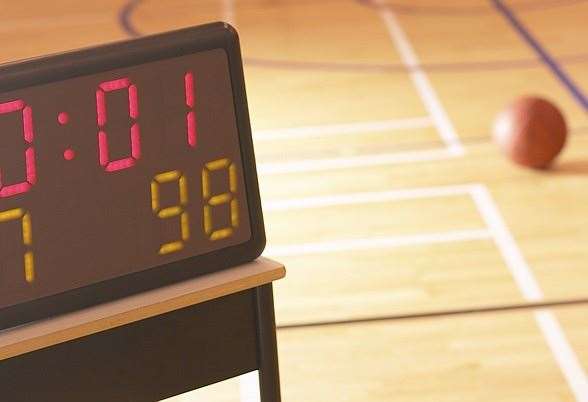It would be an absolute tragedy for the NBL to lose Townsville. Make no mistake, this team has never been in it just to make up the numbers.
Australian basketball teams which make a profit have been a rarity for as long as the game has been played at an elite club level on these shores. When a team exists, it’s almost always because a group of private investors has pooled its funds, energies and time to make it work. The fact the team is going to cost money, not make money, is usually a given. For the stakeholders, it’s usually about putting something back into one of their passions and making people who share their interest – the fans - happy along the way. Sharing the wealth …
In the lead-up to the 2010-11 season, then-NBL Commission Chair Diane Smith-Gander boldly - and rightly - warned the corporate world that if you’re a suit and you wanted to play in the NBL from now on, your financials had to be seriously rock-solid, your business plan strong enough to go the distance. “We need to make sure that we only issue licenses to teams that can meet our criteria and that have the capacity to be successful in the long-term.”
So, why are NBL clubs still falling by the wayside? Just this week, Barrier Reef Basketball Pty Ltd, holders of the Townsville Crocs’ NBL license, announced it would be handing back its ticket. Barrier Reef Basketball says it has lost $2.5 million over the last six years and that it can no longer keep the team alive.
Doesn’t this make a mockery of the NBL’s commitment to that rock-solid future it said it was aiming towards a few years back? What are the major stumbling blocks to investors pulling out of the game? Are the overheads of running a basketball team out of major indoor concert and sporting arenas too high for the community interest generated?
It would be an absolute tragedy for the NBL to lose Townsville. Make no mistake, this team has never been in it just to make up the numbers. Its presence has been an asset to the league since its first season as the Crocs in 1993 - keen basketball students will remember the club selling out its first 69 home games. The Crocs’ demise, on the back of the Gold Coast Blaze’s failure only a year ago, would mean a seven-team elite competition in Australia next summer – just six Australian teams, and the New Zealand Breakers, currently contesting the league’s grand final series against the Perth Wildcats. Talk about terrible timing …

Related Articles

Returning stars can spur A-League's Victory: Popovic

Phoenix knock off FFA Cup winners in A-League Men













